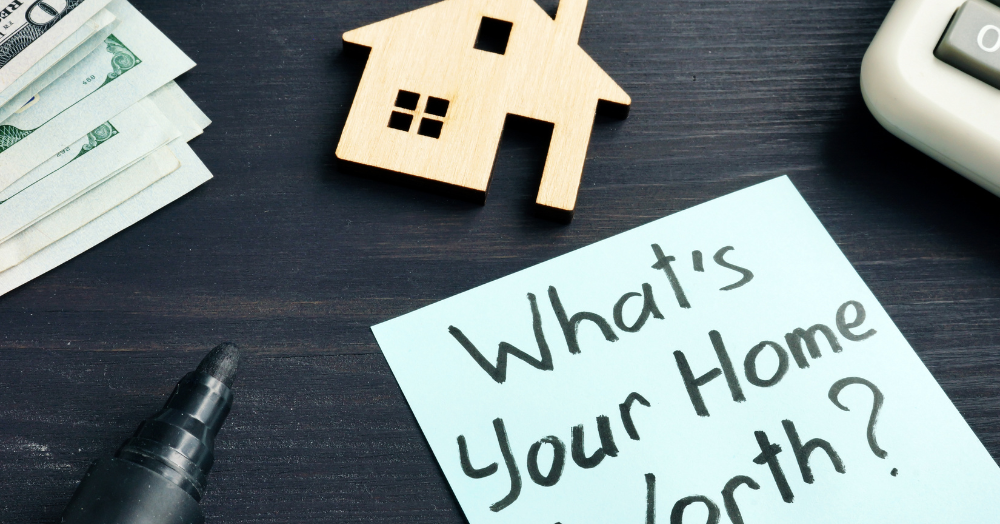Don't jeopardise your property sale before it even begins. Read this article to uncover the pricing strategies that can lead to a successful sale.
Without much thought about the strategy, many homeowners make the mistake of marketing their home at the highest price quoted in their valuations, often instructing the agent who gave them this high quote to sell their home.
But, this could damage a sale beyond repair before it's even started.
Why? According to Rightmove, they say their statistics show that 80% of properties that are reduced will go on to sell for 7% less than the last price that they were listed at. Many properties that reduce their price have to do so by a significant amount to trigger a relaunch in online marketing, which could quickly mean that the property ends up selling way below the original average valuation price. Put simply, if you have to reduce the price, you will ultimately sell for less.
So, how can you ensure you don't fall into this trap? The key is to not be swayed by an inflated valuation estimate. Instead, empower yourself by seeking evidence-based advice from a reputable, experienced agent familiar with properties like yours in your area.
It is actually terrifyingly easy for an agent to tell you a high price and flatter you into instructing them to sell your home. Then, when you sign their terms of engagement, tying yourself into an extended contract, you have no choice but to wait out that contract before you can switch to another agent or alternatively reduce the price and hope for a sale.
A proactive option is to ask the agents for evidence to back up the price that they are quoting so you can be sure that you are not overpricing the property and will not be stuck in this situation. A reputable agent will be able to provide evidence of how they came to the price they have quoted. If they can't back it up with evidence of other similar properties that have sold within the last 6 months, then it is likely that the price is either an attempt to flatter you or they have simply over-egged it and just don't know what to price your property at.
Of course, there are always outliers, and because property valuations are based on the opinion of the agent without any guarantee, there is a chance that the average price is too low. Still, if you end up underpricing your home, the market will self-correct. A property that appears to be a bargain to potential buyers will be inundated with viewing requests and offers, leading to a successful negotiation that will push above the marketing price.
If, however, you market the property too high, buyers can spot this a mile off and either offer way below the figure you are trying to achieve or will simply not come and view it at all, deeming the property overpriced.
It is tricky when dealing with the sale of your home, the largest purchase you have probably ever made and your single most expensive asset, to use your logical side. Our home is filled with emotion and memories, and it is human nature to want our assets to be worth more. Sadly, if there is an inflated price from the outset, your search for your next home may be affected if you have to downgrade your search, and you might be left disappointed if you can't reach that price.
For accurate and researched advice about putting your home on the market in a way that will not leave you feeling disappointed but rather excited as you move on to the next chapter, get in touch with our team of property experts who are happy to help.

